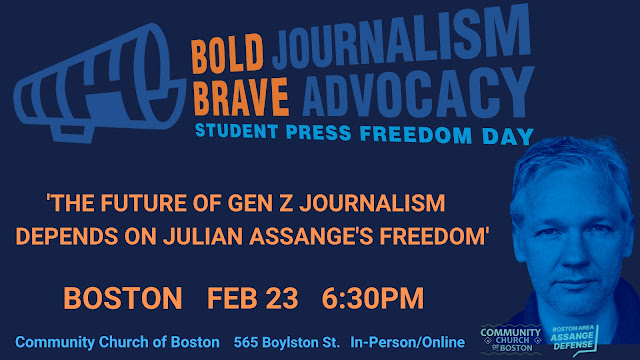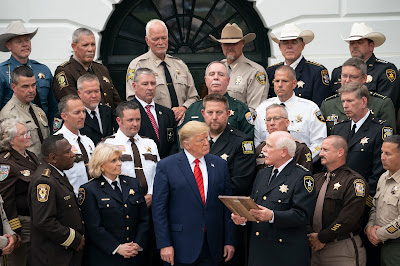Associate Justice Courtney Rae Hudson took to task attorney and Professor Robert Steinbuch, Arkansas Little Rock, my colleague and past co-author on freedom-of-information works (book, essay), first, for not wearing a coat over his button-down shirt in the Zoom argument on February 2, and then for not having asked advance permission to use a demonstrative exhibit. She had the court and counsel wait painfully while Steinbuch and his attorney-client fetched coats.
Steinbuch probably should've worn a coat. He told Justice Hudson he had not because it interfered with his handling of the exhibit, a statutory text, within the small space of the camera view. Good excuse, bad excuse; either way, Justice Hudson's handling of the matter was condescending and, coming as it did after Steinbuch's argument, felt more personal than professional. My impression as a viewer was that Hudson was the one who came off looking worse for the exchange.
Being an aggressive advocate for transparency and accountability in Arkansas, Steinbuch has many allies in mass media, and they were not as gentlemanly about what went down as Steinbuch was. The aptly named Snarky Media Report made a YouTube video highlighting the exchange. As Snarky told it, "Justice Hudson pulled out her Karen Card." Snarky also observed, with captured image in evidence, that "[s]everal times during the hearing Hudson appeared to be spitting into a cup."
More seriously, Snarky took the occasion to highlight past instances in which Hudson's ethics were called into question. Hudson (formerly Goodson), who was elected to the court in 2010, and her now ex-husband, a class action attorney, took two vacations abroad, valued together at $62,000, at the expense of Arkansas litigator W.H. Taylor (Legal Newsline). Hudson did report the gifts, and she said she would recuse from any case in which Taylor was involved.
Very well, but my suspicions of bias run a bit deeper. Hudson's vacation-mate ex, John Goodson, is chairman of the board of the University of Arkansas. (Correction, May 9, 2023: I'm told that Goodson ended his service on the board a year or so ago; I've not been able to ascertain the date.) One of Steinbuch's tireless transparency causes has been for Arkansas Freedom of Information Act access to the foundation funding of the university system in Arkansas, especially the flagship University of Arkansas, Fayetteville. Indeed, Steinbuch wrote just last week (and on January 29), in his weekly column for The Arkansas Democrat-Gazette, about that very issue in connection with secret spending at Arkansas State University. University System counsel have fought ferociously and successfully for decades to stop any lawsuit or legislative bill that would open foundation books to public scrutiny.
Goodson also has what the Democrat-Gazette characterized in 2019 as "deep political and legal connections around the state" with disgraced former state Senator Jeremy Hutchinson. Hutchinson is a nemesis of former Arkansas politician Dan Greenberg (a longtime friend of mine). After Greenberg lost the senate race to Hutchinson in 2010, Greenberg sued a local newspaper, alleging a deliberate campaign of misinformation. Steinbuch supported Greenberg in the suit. Though Greenberg was unable to demonstrate actual malice to the satisfaction of the courts, discovery in the suit revealed a problematically cozy relationship between the newspaper editor and Hutchinson.
The day after the oral argument in Steinbuch's case, Hutchinson was sentenced to 46 months in prison on federal charges of bribery and tax fraud—ironic, given that a false report of ethical misconduct was a rumor that Hutchinson had sewn about Greenberg in 2010.
I don't know; maybe Justice Hudson just gets really hung up on men's attire. She does hail from a conservative corner of Arkansas.
But a wise friend once told me, "Nothing in Arkansas happens for the reason you think it happens."
The case is Corbitt v. Pulaski County Jail, No. CV-22-204 (Ark. oral arg. Feb. 2, 2023).


















